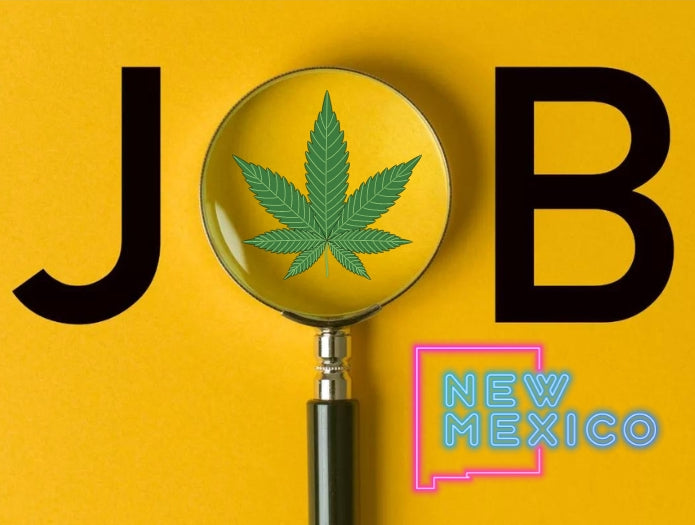While the statute legalizing adult-use marijuana does not go into effect until August 1, 2023, state officials are already working on expunging prior marijuana convictions.

The narrative surrounding legalizing recreational marijuana in America began as a call for ending the prohibition of a plant that millions seek for help with relief from chronic pain, anxiety, PTSD, and other mental health maladies.
Beginning in the 1990s, states like California challenged the decades-long ban on cannabis. They established medical marijuana programs to legally provide "medicine" to individuals suffering from conditions where traditional methods and treatments failed to work.
However, as the movement gathered momentum and states began legalizing recreational cannabis for adult use, a new message began to take shape as state lawmakers investigated the best way to craft legalization initiatives.
Aside from the regulatory and economic provisions necessary to make the laws work successfully, the notion of how to address the past ill-conceived and devastating effects of America's war on drugs became a crucial element in the eyes of many progressive-minded leaders, particularly those representing jurisdictions (mostly of color) affected disproportionately by enforcement of the archaic cannabis drugs laws.
As a result, most states considering cannabis reform legislation include sections calling for expunging prior marijuana convictions in their legalization bills. An example of one of those state initiatives is the recent law passed in Minnesota legalizing adult-use marijuana for adults 21 and older.
Last month, Governor Tim Walz (DFL) signed bill HF100 making Minnesota the 23rd state to legalize recreational marijuana for adult use in the United States. As part of that new law, which officially goes into effect on August 1, 2023, thousands of prior cannabis convictions will be automatically expunged. As first reported by Marijuana Moment, the Minnesota Bureau of Criminal Apprehension (BCA) has already begun that process.
In an update published last Friday, the agency announced that the process of providing that relief "work is underway." According to the statement, approximately 66,000 cannabis records are expected to be automatically sealed under the law when it officially takes effect on August 1. Likewise, an additional 230,000 are scheduled for review by the Expungement Review Board at the state Department of Corrections.
The BCA said, "Criminal history records will soon contain a notice that cannabis-related offenses may be eligible for expungement under the new Adult-Use Cannabis law. The specifics on how it will work and what the language will say are being developed now."
"Criminal history records will soon contain a notice that cannabis-related offenses may be eligible for expungement under the new Adult-Use Cannabis law. The specifics on how it will work and what the language will say are being developed now."
- Statement from the Minnesota Bureau of Criminal Apprehension (BCA)
Under the new statute's tenets, records sealing begins at the BCA. However, cases identified as eligible for relief consideration will also be expunged by the courts and local law enforcement agencies. Moreover, the bill establishes the creation of the Cannabis Expungement Board, which will ultimately be responsible for the record-sealing process.
The BCA and the Judicial Branch of Minnesota are still determining the sealing and expunging process implementation during this interim period. Addressing some of the challenges brought about by the new law, the BCA said in a recent Department of Public Safety Blog post that "technical and programmatic" changes will need to be made to its Criminal History System, which means that some offenses may continue to appear on public records until August 2024.
Once the new system is in place and the BCA internally expunges records, it will then send a notice to the judicial branch, which will then "seal all related records, including records of the person's arrest, indictment, trial, verdict, and dismissal or discharge of the case."
Minnesota's law is unique in many respects, especially regarding social equity concerns and tackling some of the blatant racial injustices inflicted on its communities of color. Along with the expungement provisions, the law will create an Office of Cannabis Management to regulate the new market and issue cannabis business licenses. As part of its duties, the OCM will have a Division of Social Equity to ensure that special consideration goes to individuals and communities negatively impacted by past prohibition enforcement.
It is impossible to completely right the wrongs of the previous century's bad laws and policies. However, the continued effort of forward-thinking leaders like the lawmakers in Minnesota and other states mandating automatic expungements and social equity provisions will go a long way in ensuring the next century of cannabis' history is one of abundance, fairness, and healing.






































